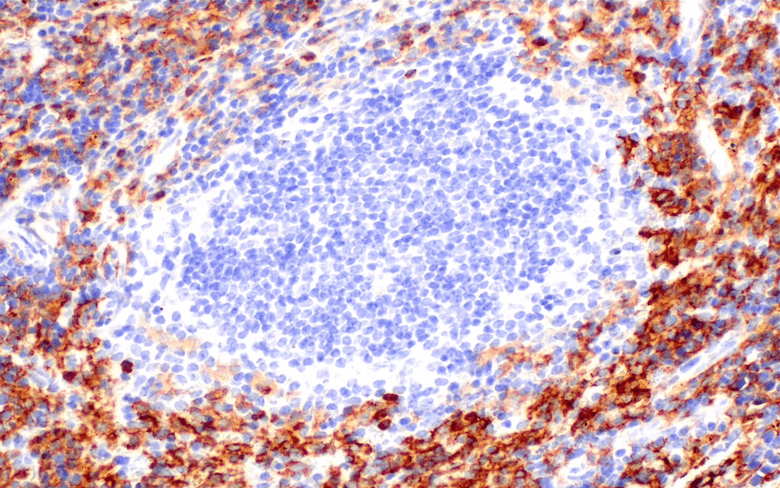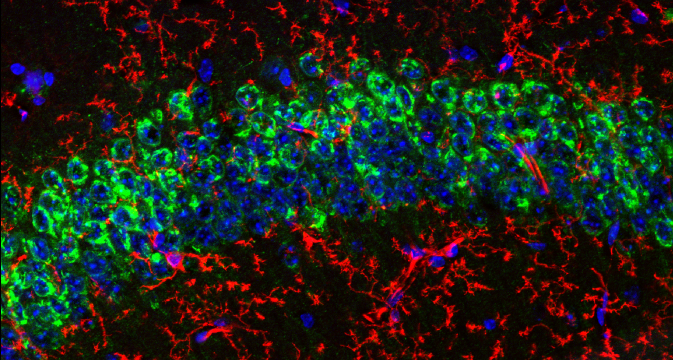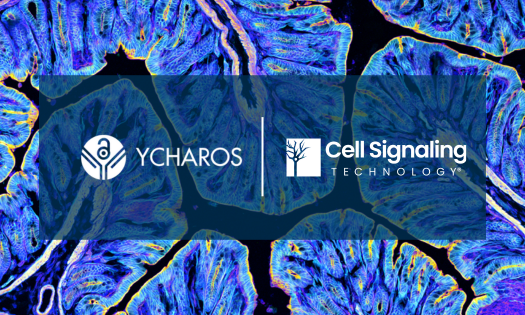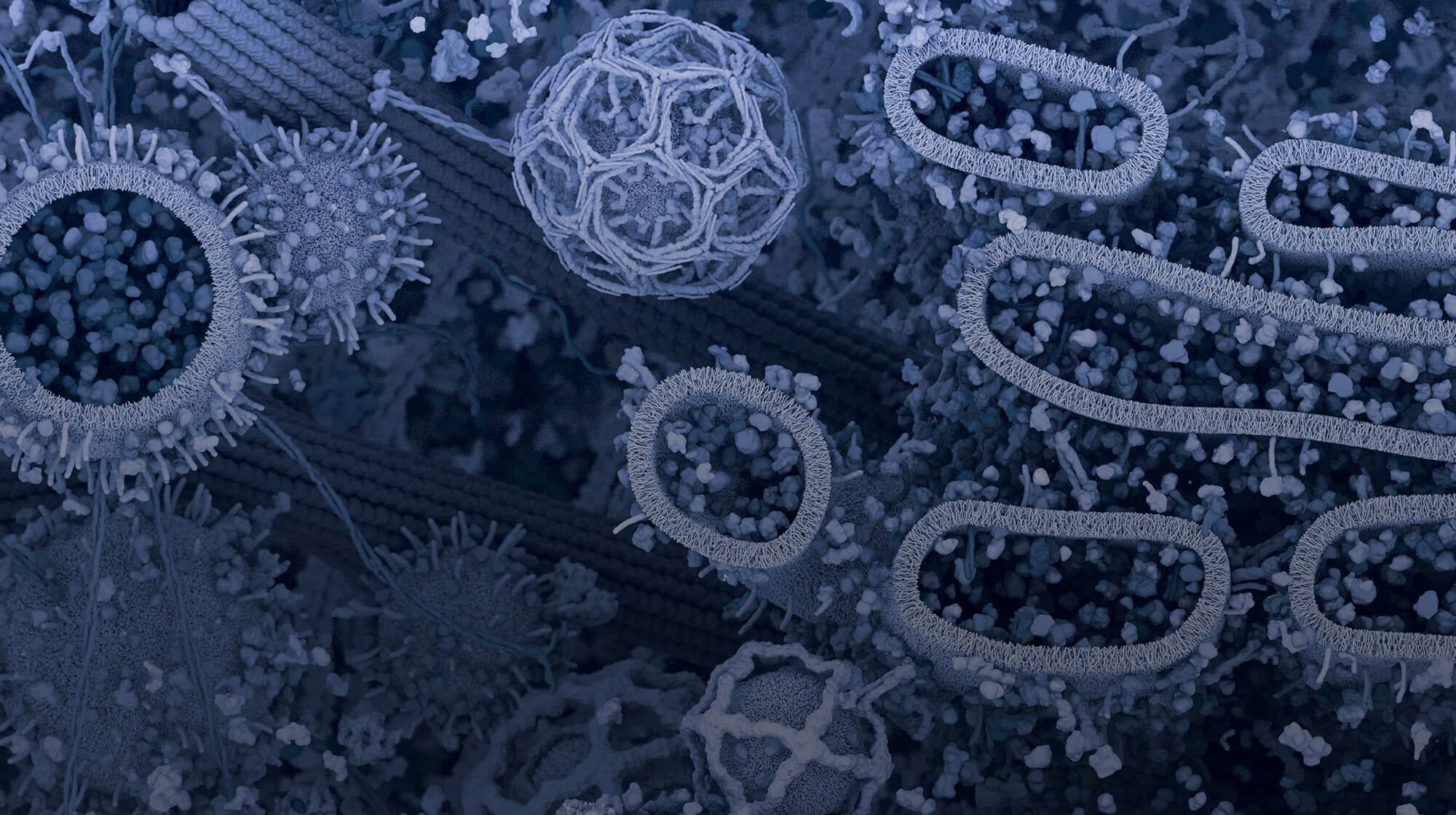CST is proud of our forward progress on UN COP 21 climate change goals as we are well into year three of our climate pledge. While the science behind our range of research-grade antibodies and reagents may be complex, the science and methodologies to combat climate change is very straightforward. It comes down to simple subtraction and addition, albeit on a tremendous scale.
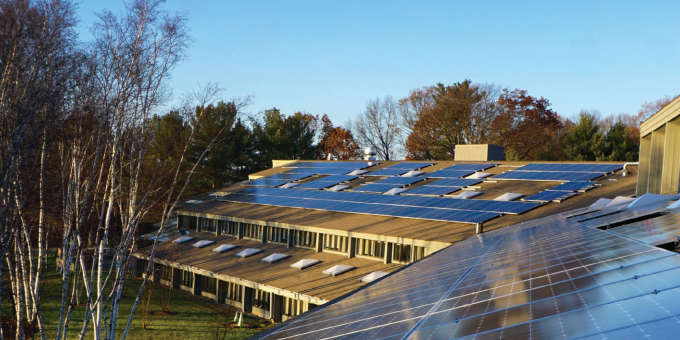
Reducing greenhouse gas emissions (GHG) by scaling back energy consumption is how companies like ours are meeting climate goals. When we refer to addition, this means increasing plant matter, namely quick-to-mature trees that absorb carbon dioxide and release oxygen through photosynthesis. Carbon sequestration through tree plantations is a good strategy so long as it is combined with actions to directly reduce energy use. To track progress toward our energy reduction goals, we measure usage of both electricity and natural gas, tracked on our utility bills, and on some device-specific sensors we've installed throughout our facilities.
More than 75% of GHG emissions come from buildings. While dedicated efforts are being made to outfit new construction to meet “net zero” building codes, there is an opportunity (and need) to make a bigger impact by improving energy efficiency in existing buildings. There is much to be done to improve the workplaces, laboratories, and educational facilities in order to achieve greater energy efficiency. CST recently moderated a forum at Massbio, a local nonprofit organization that supports the life science industry. The forum was titled, Lab Energy Bottom Line: From Blueprints to Retrofits, and we shared best practices in energy efficiency in life sciences companies, architecture firms, and leading research institutions.
CST owns its buildings in Danvers and Beverly, MA, USA, allowing us to set goals and take action expeditiously. For those who rent laboratory space, energy conservation is a big topic for property management companies that lease facilities to life sciences and healthcare start-ups.
Want to take action to tackle energy use in your lab, facility, or global headquarters? If you’re reading this in the United States, reach out to your local utilities companies, who, depending on your state, may offer generous financial subsidies for energy conservation projects. For those reading in the EU, the European Commission on Energy has a comprehensive page on the energy performance of buildings and country-specific information on financing for efficiency improvements.
Here’s a list of opportunities:
- Start measuring your energy consumption and track your GHG emissions
- Renewable energy procurement or installation
- LED lighting upgrades
- Fumehood retrofits and or “shut the sash” campaigns
- Sleep/wake timers on lab equipment, lights, IT technology
- Clean out your freezer by purging old samples and consider replacing older units with new energy-efficient models
- Schedule an energy audit with your utility company
- Upgrade HVAC infrastructure
- Improve natural light and passive heating/cooling if designing a new facility
- Improve insulation and install double-paned windows
These are just a few ideas to get you thinking about energy conservation in labs. Do you have another idea? Please leave a comment.
Learn more about Corporate Social Responsibility.
19-BCH-64033 CSR Energy



